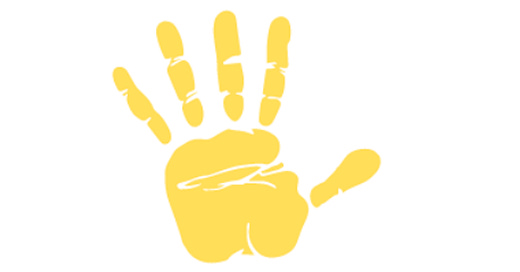Hi friends,
Welcome to yet another edition of ‘The High Five’. Here’s what I have got this week:
What Beethoven’s tryst with the biggest adversity of his life teaches us?
Did you know that apart from physical and mental well-being, there is one more kind of well-being?
I have finally completed writing my 5-part series on the role of Chief of Staff
What connects success and imagination?
How are habits and routines different?
Reframing our thinking: Beethoven & Antifragile
I came across this interesting article by Cal Newport about what we can learn from Beethoven's life. When he was 30, Beethoven started experiencing hearing problems - so much that he couldn't hear some notes. And as he was fighting it out - it had a certain impact on his composition style. But by the age of 45, Beethoven was completely deaf. He didn't stop composing, however. He had to use his aural imagination to continue to make music. It is said that some of the greatest compositions by him happened in this phase when he was cut off from the world of sound around him. It is amazing that his diminished hearing limited the influence of 'prevailing compositional trends' on his creativity, thereby triggering a totally unique and fresh dimension of creativity. His handicap freed him and silence allowed him to produce some of the best work ever. Beethoven is a great example of 'antifragile' - the concept popularized by Nassim Nicholas Taleb. His story teaches us two things:
How we respond to loss can influence our worldview and also lead to discovering (or creating) something in a new dimension altogether.
Shutting off from the constant buzz (noise, or as the author refers to as 'soundtrack of the society') periodically, can help us attune to a different kind of focus and clarity.
You can’t really hear yourself until you’re able to turn down the volume on everyone else. - Cal Newport
Well-being: The antidote to fake news
When we talk about well-being, we categorize it into physical and mental (or emotional) well-being. This article throws light on a dimension of well-being that we don’t talk about, much less focus on: in terms of knowledge. This is called Epistemic well-being, which could be defined as your sense that you’ll be able to know what you want and need to know about the world in order for your life to go well. It has 3 components:
Access to truths;
Access to trustworthy sources of information;
Opportunities to participate in productive dialogue.
The article argues that today, with the avalanche of information and misinformation, there is a crisis of epistemic well-being. The rise of conspiratorial thinking has led to a situation where people are willing both, to believe many outlandish theories, and also share them widely on social media. Epistemic well-being works in a vicious cycle because people experience a decreased sense of epistemic wellbeing when they are unable to separate truth from conspiracy theories and when they are thwarted from engaging in a dialogue. They then find alternative opportunities to do so, which results in more extreme views and in turn, giving rise to environments where it becomes more challenging to engage in dialogue.
While the article doesn’t propose fool-proof solutions to crack this tough nut, it does recommend some practices that help us improve our epistemic well-being:
Double-check the information you receive online - be sure that the sources are trustworthy.
Develop a habit of periodically auditing epistemic habits - reflect on the ways in which you acquire information, and whether you’re listening to certain sources because they’re likely to lead you to the truth, or because they’re telling you what you want to hear.
Career: Chief of Staff & infinite game
As you might have read in some of the last editions, I have been writing a 5-part series on Chief of Staff role. I recently completed the series with this last article in which I wrote about some challenges and success factors for the role, and also shared some useful links for additional reading. This piece has links to the previous pieces in the series, in case you'd like to read them from the first part.
A quote that I liked this week:
Success is when reality catches up to your imagination - Simon Sinek
An epiphany this week: What we generally refer to as ‘habits’, especially when we are trying to form them, are actually ‘routines’. Habits are what routines morph into after they are internalized.
If you liked ‘The High Five’, please share it with a friend who might like it too.
Have a wonderful weekend!





